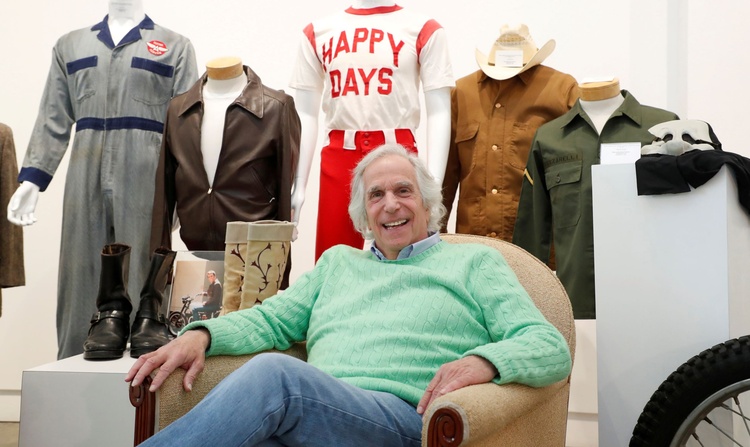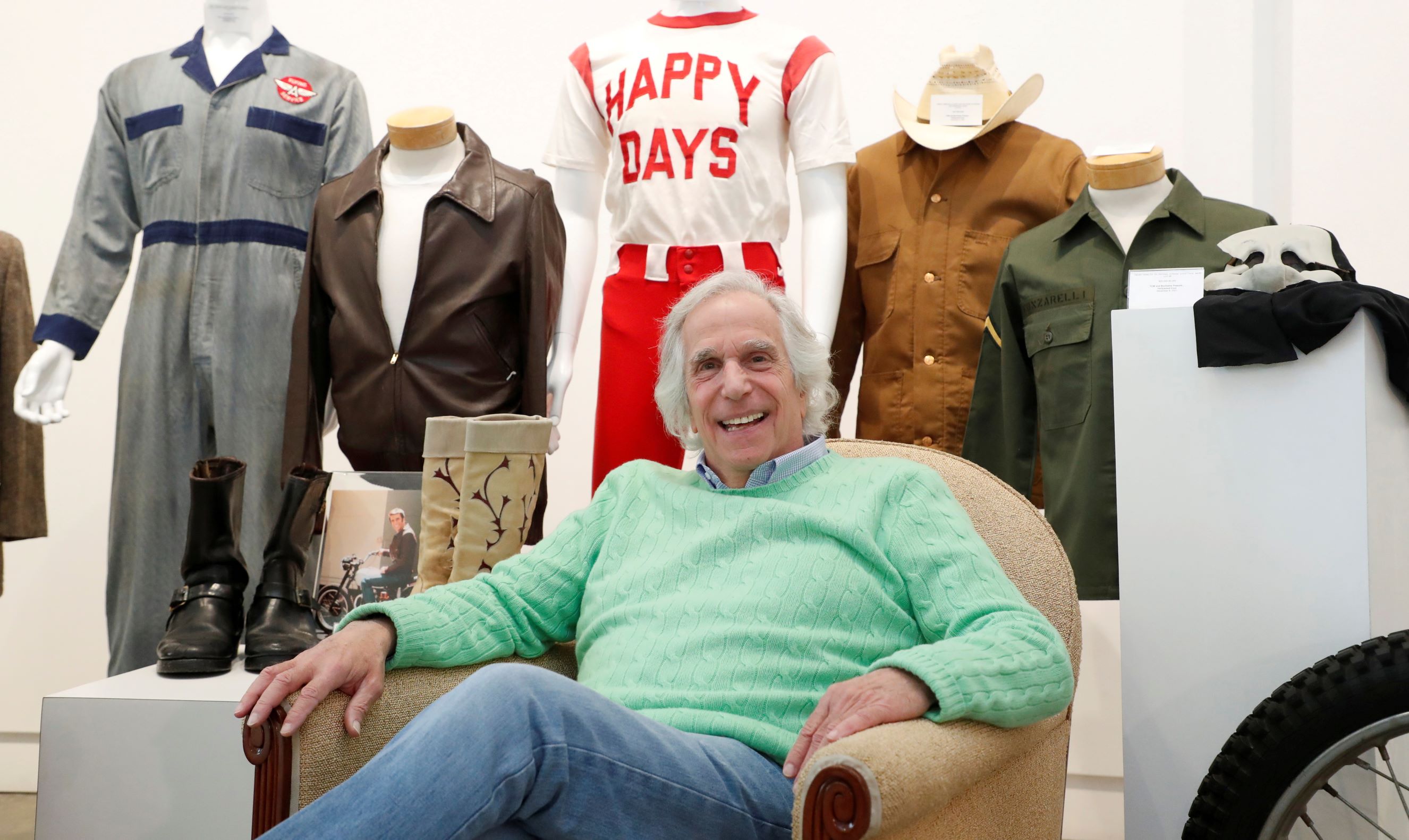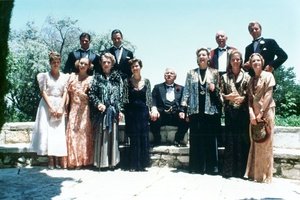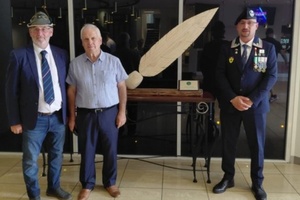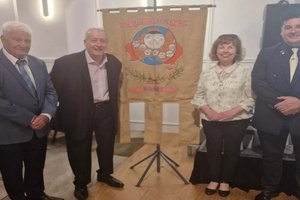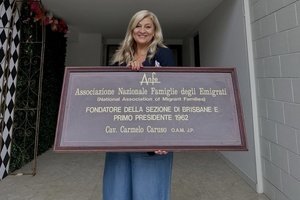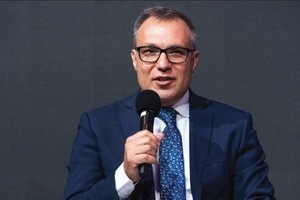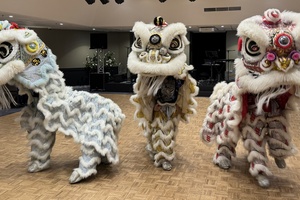The show aired swiftly after the success of teen coming-of-age film American Graffiti, which was also set in the 1950s and starred Ron Howard.
Happy Days followed the lives of Richie Cunningham (Ron Howard), his brother Chuck, and his suburban middle class family in Milwaukee, Wisconsin.
Although the TV show had broad appeal, it struck a chord with the Italian and broader ethnic communities, as its protagonist, “The Fonz”, was played by the Jewish actor Henry Winkler, who portrayed an Italo-American ex-gang leader attempting to navigate his way through middle class American life.
The show, which originally appeared as a vignette in Love American Style, showcased a myriad of suave, heroic Italo-American characters in a manner never before seen on American television.
Usually typecasted as criminals or “wise guys”, Italo-American characters were redefined by influential director Garry Marshall, whose family originated from the Abruzzo region of Italy.
In Happy Days, Italo-American characters are present in a variety of fields and a range of roles, such as business owners, mechanics, musicians, race car drivers, teachers, school principals and community members of varying ages, statuses and walks of life.
Characters such as sympathetic drive-in owner Al Delvecchio (Al Molinaro), heartthrob mechanic Chachi Arcola (Scott Baoi) and his mother, Louisa Arcola (Elena Travolta) were the most prominent cast members representing the Italian community.
Along the way, viewers meet Fonzie’s best friend, Rocky Baruffi (Ken Lerner), demolition driver Pink Tuscadero (Roz Kelly) and singer Leather Tuscadero (Suzi Quattro).
The protagonist, Arthur Fonzerelli, or “The Fonz”, as he was known, echoes swaggering iterations of James Dean or Marlon Brando.
Characterised by his signature look of blue jeans, a white t-shirt, a leather jacket and boots, he rode a customised Triumph TR5 Trophy motorcycle and owned a mechanical garage.
Like Rudolph Valentino, “The Fonz” could beat anyone in a fight and had a reputation as the toughest man around.
His prowess with the ladies was staggering, and he could summon women with the snap of his fingers – as well as repair a car, turn on a jukebox, or turn off the lights with a simple bump of his fist.
“The Fonz” was an everyday hero who defended the weak, and was a champion of justice.
He helped those around him with their everyday problems and often took matters into his own hands to save the day.
He fought off bullies, saved people from burning buildings, battled a shark, won a dance contest and performed daring motorcycle jumps.
If people needed help, Fonzie was there to save the day.
While he helped those around him grow or come of age, he, at the same time, would be learning what it was to be a good, middle class American.
In Italy, Happy Days premiered in December of 1977 when Rai TV picked it up and it quickly became a national obsession.
Happy Days is so ingrained in the Italian psyche that many would emulate the characters, take their nicknames and name their businesses after the hit show.
Fonzie was famous for his many catch phrases, including “aaaaaaayyyyyy”, and his signature thumbs up.
While thousands of children grew up aspiring to be Superman, Iron Man or John Shaft, we Italians the world over knew we could do anything or be anything thanks to a leather-clad Italo-American motor mechanic from the Midwest, who would provide us with so many happy days.

